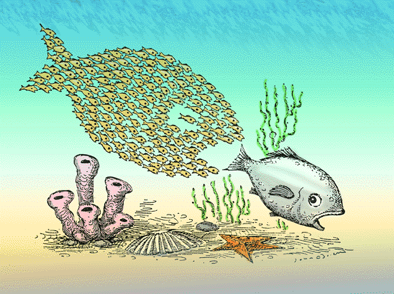Things I’ve learned (so far) about how to do practical ethics
Follow Brian on Twitter by clicking here.
Things I’ve learned (so far) about how to do practical ethics
I had the opportunity, a few months back, to look through some old poems I’d written in high school. Some, I thought, were pretty good. Others I remembered thinking were good when I wrote them, but now they seem embarrassingly bad: pseudo-profound, full of clichés, marked by empty rhetoric instead of meaningful content. I’ve had a similar experience today with my collection of articles here at the Practical Ethics blog. And Oh, the things I have learned!
Here are just a few of the lessons that have altered my thinking, or otherwise informed my views about “doing” practical ethics — particularly in a public-engagement context — since my very first blog post appeared in 2011:
Read More »Things I’ve learned (so far) about how to do practical ethics



